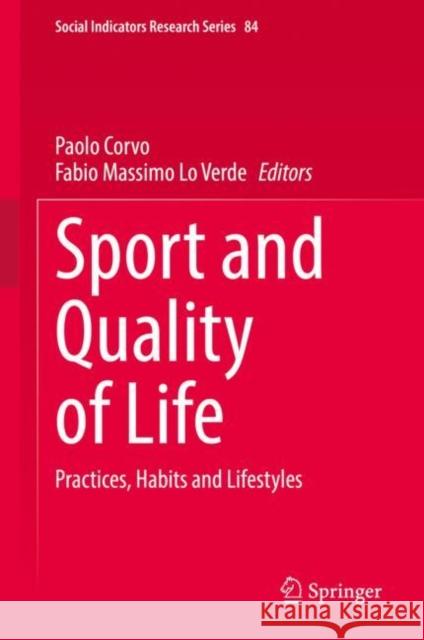Sport and Quality of Life: Practices, Habits and Lifestyles » książka
topmenu
Sport and Quality of Life: Practices, Habits and Lifestyles
ISBN-13: 9783030930912 / Angielski / Twarda / 2022
Sport and Quality of Life: Practices, Habits and Lifestyles
ISBN-13: 9783030930912 / Angielski / Twarda / 2022
cena 562,23
(netto: 535,46 VAT: 5%)
Najniższa cena z 30 dni: 539,74
(netto: 535,46 VAT: 5%)
Najniższa cena z 30 dni: 539,74
Termin realizacji zamówienia:
ok. 22 dni roboczych
Dostawa w 2026 r.
ok. 22 dni roboczych
Dostawa w 2026 r.
Darmowa dostawa!
This book brings together essays analyzing the impact of sport and physical activity on psychophysical well-being and quality of life, through multidisciplinary and multi-country studies. It discusses how the commercial dimension of sport entertainment and recreational dimension of sport practice have been increasingly brought together in discussions on individual health and well-being, and social integration and participation. It therefore considers the relationship between sports practice, enjoyment of sporting events, sport participation and quality of life. The chapters examine various aspects of the practice of sport for professional and recreational purposes from the perspective of age, life course research, physical education in schools, government investment in sport activities across various stages of life, the rise of sports tourism as a global industry and how social networks and web apps are changing the perception of fitness. This innovative book is of interest to scholars and students of sport science, leisure studies, and well-being research.











